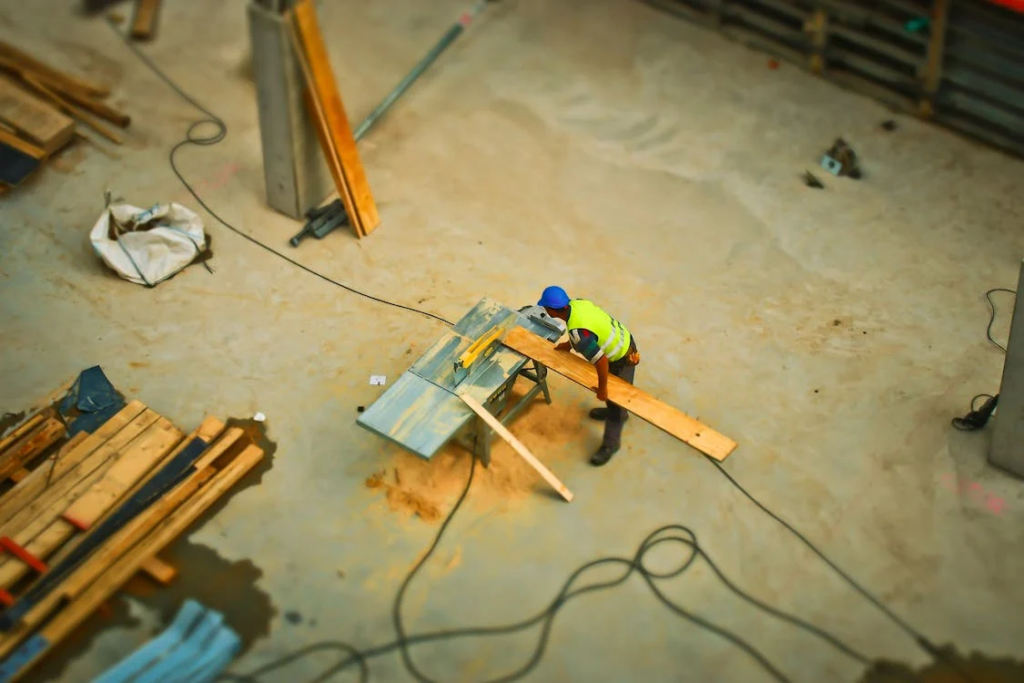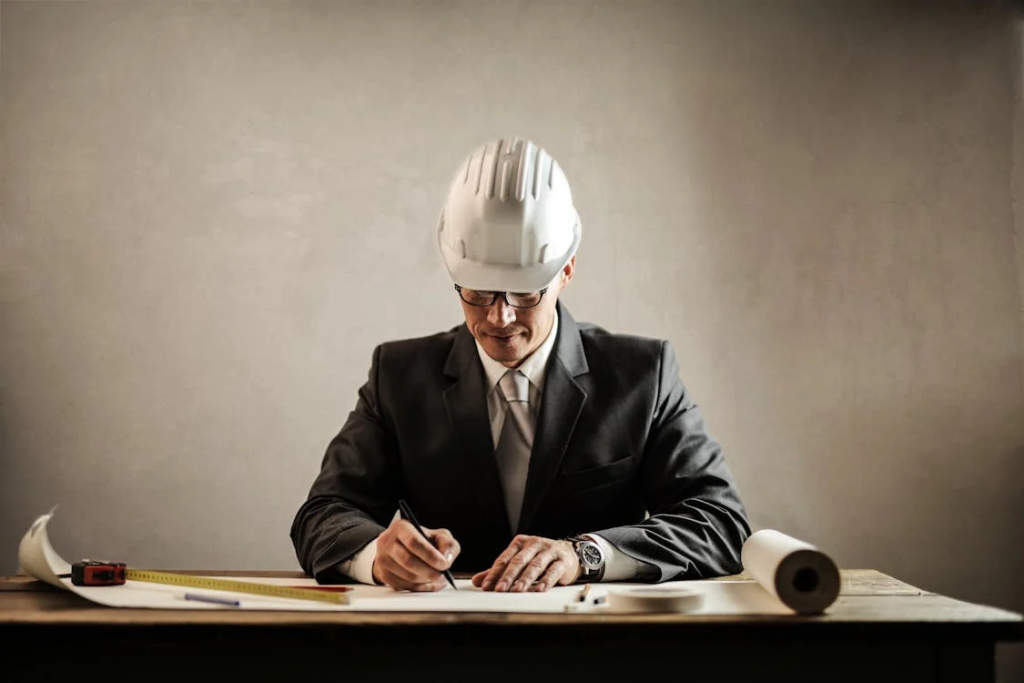Construction delays are one of the biggest threats to project profitability. Whether caused by unforeseen circumstances, mismanagement, or contractual disputes, delays often lead to financial losses, contract penalties, and strained relationships between stakeholders. Understanding how to properly quantify delay damages is critical for ensuring fair compensation and preventing unnecessary losses.
In this guide, we’ll break down the true cost of construction delays and provide an in-depth look at how to calculate delay damages accurately. We’ll also explore the role of an experienced delay damages expert witness in supporting claims and protecting your financial interests.
The Financial Impact of Construction Delays
Delays in construction projects result in significant financial consequences, which can include:
- Increased labor costs due to extended project timelines.
- Higher material expenses are caused by fluctuating prices and prolonged storage needs.
- Liquidated damages imposed by contract clauses for missing deadlines.
- Loss of revenue for owners unable to utilize the completed project as scheduled.
- Legal expenses incurred in disputes over responsibility for the delays.
For construction companies, these costs add up quickly and can turn a profitable project into a financial burden. That’s why working with a delay construction damages expert is crucial when assessing and mitigating financial risks associated with project slowdowns.
Types of Delay Damages in Construction

Before calculating delay damages, it’s essential to understand the different categories:
1. Liquidated Damages
Many contracts include liquidated damages clauses that impose a daily penalty for failing to meet project deadlines. These damages are typically predefined and are intended to compensate the owner for losses related to the delay.
A construction damages expert witness can help evaluate whether these penalties are fair, justified, and accurately assessed based on the actual impact of the delay.
2. Direct Damages
Direct damages include out-of-pocket costs directly caused by the delay, such as:
- Extended labor costs due to overtime or additional staffing needs.
- Additional equipment rentals are required because of prolonged project timelines.
- Increased material costs if prices rise over time.
A construction delay expert witness can provide a detailed financial breakdown of these damages, ensuring that all costs are accounted for.
3. Indirect Damages
Indirect damages are the secondary financial consequences of a construction delay. These may include:
- Lost business opportunities due to project setbacks.
- Increased insurance costs from prolonged coverage periods.
- Reputation damage affecting future contracts and partnerships.
A construction claims expert witness can help prove these damages by analyzing financial records, contractual obligations, and market conditions.
4. Consequential Damages
Consequential damages refer to long-term financial impacts that arise due to a project delay. These damages often extend beyond the direct parties involved in the contract.
For example, a delayed hotel construction project may lead to lost reservations and revenue for the hotel operator, which in turn affects suppliers, employees, and local businesses.
How to Properly Quantify Delay Damages

Accurately assessing delay damages requires a detailed financial analysis that considers both direct and indirect costs. Here’s how to approach the process:
1. Identify the Cause of the Delay
The first step in quantifying delay damages is determining the root cause of the delay. Was it due to weather conditions, material shortages, design changes, or contractor inefficiencies?
A construction scheduling expert witness plays a crucial role in reviewing project schedules, contract terms, and performance records to establish who is responsible for the delay and whether the associated damages are compensable.
2. Assess the Financial Impact
Once the cause is established, the next step is evaluating the financial losses. This includes:
- Reviewing payroll records for additional labor costs.
- Analyzing material invoices for increased expenses.
- Calculating liquidated damages outlined in the contract.
- Estimating lost revenue or productivity costs for affected stakeholders.
An experienced delay damages expert ensures that all financial impacts are accounted for using industry-accepted calculation methods.
3. Utilize Forensic Delay Analysis
Forensic delay analysis is a data-driven approach to reconstructing a project’s timeline and determining the true impact of a delay. This process involves:
- Examining project schedules and tracking milestone deviations.
- Analyzing productivity reports to measure the efficiency of work performed.
- Identifying concurrent delays that may reduce or shift liability.
A construction delay expert witness provides an objective, evidence-backed analysis that helps prevent exaggerated or miscalculated claims.
4. Document Every Detail
To successfully recover compensation for delayed damages, meticulous documentation is essential. This includes:
- Daily project logs tracking site conditions and work progress.
- Email correspondences and formal notices related to delays.
- Invoices and receipts verifying financial losses.
Without clear documentation, proving delay-related financial losses becomes significantly more challenging.
5. Work with Legal and Financial Experts
Successfully recovering delayed damages often requires the expertise of construction attorneys, financial analysts, and forensic experts. A delay damages expert witness provides the technical knowledge necessary to support legal claims with credible evidence.
Common Challenges in Quantifying Delay Damages

1. Proving Causation
Many construction delays involve multiple contributing factors. If an owner delays a project by modifying designs, but a contractor also mismanages resources, determining who is responsible for the financial impact can be challenging.
A construction claims expert witness helps separate primary and secondary causes, ensuring that financial accountability is properly assigned.
2. Concurrent Delays
When multiple delays occur simultaneously, it can be difficult to determine which party should be held liable. Some contracts specify that if both the owner and contractor contribute to a delay, neither party can claim damages.
A construction scheduling expert witness can analyze schedules, dependencies, and critical path activities to determine how each delay impacted the project.
3. Disputes Over Damage Valuation
Owners and contractors often disagree on how much delay damages are actually worth. A delay damages expert ensures that all costs are properly documented, analyzed, and validated based on industry standards.
Best Practices for Minimizing Construction Delay Damages
While delays are sometimes unavoidable, the financial impact can be significantly reduced with the right strategies. Implementing proactive measures helps contractors, owners, and stakeholders minimize delay damages and keep projects on track.
1. Implement Proactive Scheduling
A well-structured and realistic project schedule is the foundation of successful construction management. Utilizing advanced scheduling techniques like critical path method (CPM) analysis and real-time project tracking can help identify potential delays before they escalate. A construction scheduling expert witness can assist in developing a schedule that accounts for risks and prevents avoidable disruptions.
2. Strengthen Contractual Protections
Clear, well-drafted contracts play a vital role in minimizing disputes over delay damages. Contracts should define key terms such as liquidated damages, excusable and non-excusable delays, and notification requirements for potential setbacks. Consulting with legal and industry professionals ensures that contractual language protects all parties involved.
3. Improve Communication and Documentation
Many construction delay disputes stem from poor communication and inadequate record-keeping. Establishing standardized reporting procedures, maintaining detailed project logs, and documenting all schedule changes can provide the necessary evidence to support or dispute delay claims. A construction claims expert witness can use these records to validate financial impacts in arbitration or litigation.
4. Conduct Regular Risk Assessments
Regular project evaluations help identify risks early and allow for corrective action before delays impact the bottom line. Engaging a construction delay expert witness to conduct periodic reviews ensures that scheduling inefficiencies, resource shortages, or scope changes are managed effectively.
By adopting these best practices, construction professionals can minimize financial losses, strengthen project oversight, and protect their legal interests in the event of a delay.
The True Cost of Construction Delays: How HPM Consultants Can Help

At HPM Consultants, we specialize in helping clients quantify, analyze, and recover delay damages in construction disputes. Our team of expert witnesses, forensic analysts, and industry specialists provides the data-driven insights you need to protect your financial interests.
We work with contractors, owners, and legal teams to:
- Identify the true cause of project delays using forensic analysis.
- Quantify financial losses with industry-accepted methodologies.
- Provide expert testimony to support claims in litigation or arbitration.
- Prevent future delays with risk-mitigation strategies.
Delays happen, but they shouldn’t cost you more than they should. Whether you need help proving a delay claim, defending against a dispute, or optimizing future project scheduling, our team is here to provide trusted expertise and strategic solutions.
Contact us today, and let’s find the best resolution for your construction delay challenges.



